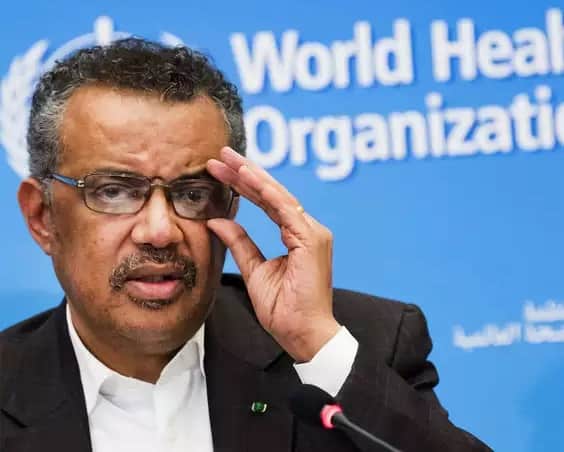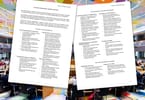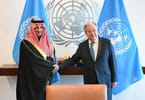The World Health Organization (WHO) today officially announced that the current monkeypox outbreak outside of the traditional endemic areas in Africa has already turned into a global health emergency.
“I have decided that the global monkeypox outbreak represents a public health emergency of international concern,” WHO Director-General Tedros Adhanom Ghebreyesus declared.
According to Dr. Tedros, the monkeypox outbreak is spreading quickly, presenting a “clear risk of further international spread.”
Public health emergency declaration still comes even though the WHO emergency committee had failed to reach a consensus on whether to issue or not to issue the emergency declaration.
Issuing a Public Health Emergency of International Concern enhances coordination and sharing of resources and information among nations.
Currently, there are over 16,000 cases of the monkeypox globally and according to the Centers for Disease Control, 2,891 cases have been confirmed in the United States.
Monkeypox vaccines are available, but their supplies are very limited.
Dị ka U.S. Department of Health and Human Services (HHS), 191,000 doses of monkeypox vaccine have been delivered to states and city health departments up to date. US federal government will stockpile up to 7 million doses of vaccine by mid-2023, HHS officials said.
Since early May 2022, cases of monkeypox have been reported from countries where the disease is not endemic, and continue to be reported in several endemic countries. Most confirmed cases with travel history reported travel to countries in Europe and North America, rather than West or Central Africa where the monkeypox virus is endemic. This is the first time that many monkeypox cases and clusters have been reported concurrently in non-endemic and endemic countries in widely disparate geographical areas.
Most reported cases so far have been identified through sexual health or other health services in primary or secondary health-care facilities and have involved mainly, but not exclusively, men who have sex with men.
Òtù Ahụ Ike Ụwa (WHO) is collaborating with health authorities to prevent further spread of the disease. WHO is issuing guidance to help countries on surveillance, laboratory work, clinical care, infection prevention and control, as well as risk communication and community engagement to inform communities at risk and the broader general public about monkeypox and how to keep safe.
WHO is also working closely with countries in Africa, regional institutions, and technical and financial partners, to support efforts to bolster laboratory diagnosis, disease surveillance, readiness and response actions to prevent further infections.
IHE Ị GA-Ewepụ na edemede a:
- WHO is issuing guidance to help countries on surveillance, laboratory work, clinical care, infection prevention and control, as well as risk communication and community engagement to inform communities at risk and the broader general public about monkeypox and how to keep safe.
- Public health emergency declaration still comes even though the WHO emergency committee had failed to reach a consensus on whether to issue or not to issue the emergency declaration.
- Currently, there are over 16,000 cases of the monkeypox globally and according to the Centers for Disease Control, 2,891 cases have been confirmed in the United States.























